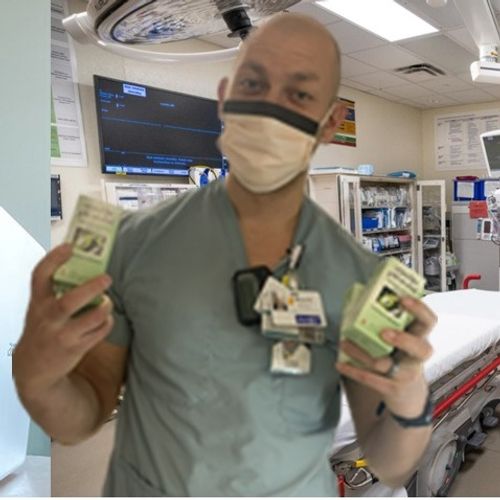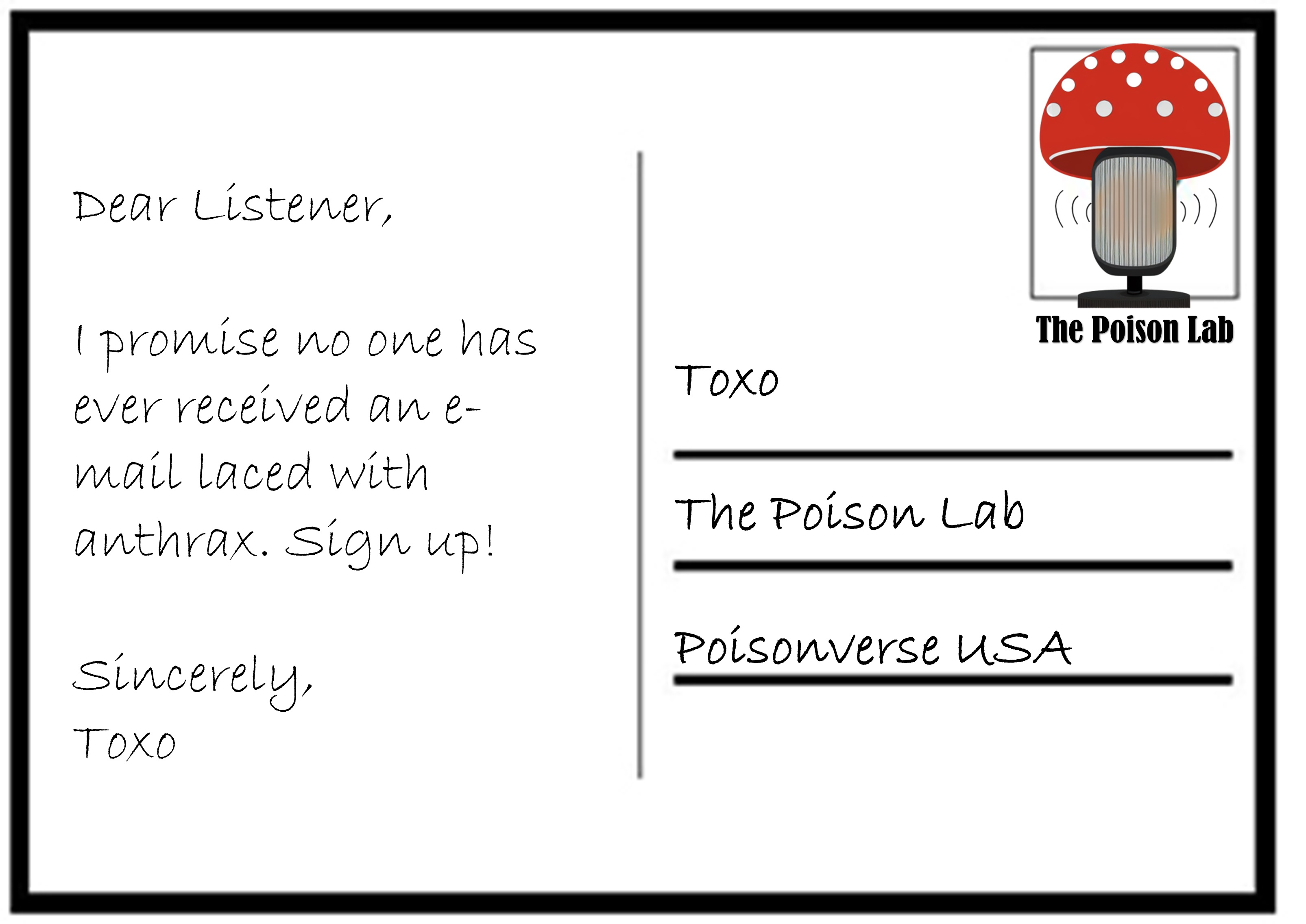bonus
Mini Episode: Who Seizes in Bupropion Overdose with Dr Ari Filip MD
- Seizure Risk: Patients can seize 8–24 hours post-ingestion. Neurologic symptoms and tachycardia often precede seizures.
- Delayed Symptoms: Co-ingestions may mask tachycardia, and symptoms can be significantly delayed.
- Key Management Advice:
- Do not discharge patients without consulting a toxicologist or poison center about observation times.
- Do not dismiss tachycardia and anxiety as situational in cases of bupropion overdose.
Key Studies
- Spiller 1994: Review of instant-release bupropion overdoses.
- Shepherd 2004: Seizures predominantly occur with sustained-release products. Most cases had prodromal neuropsychiatric symptoms.
- Starr 2009: Analysis of XL products:
- Symptoms predicting seizures: Tachycardia, tremor, and agitation.
- Tachycardia may be masked by coingestions and symptoms may be very delayed
- Seizures occurred as late as 24 hours, with 25% occurring after 8 hours.
- Offerman 2020: Study of sustained/extended-release products:
- Tachycardia (duration and rate >120 bpm) predicts seizures.
- Hypotension and neuropsychiatric symptoms also predictive.
- Prehospital seizures associated with cardiac arrest—indicative of poor outcomes.
- Rianprakaisang 2021: ToxIC database review of seizure risk factors:
- QTc prolongation and HR >140 bpm are predictive of seizures.
Support the show
Review the show where ever your listening
Get Messages from Toxo (Join the Newsletter!)
- Ad free episodes
- Bonus content and early access
- Discounts and give aways on GOTA PICCEM Mushroom card game
The GOTTA PICCEM Poisonous Mushroom Game!
The Poisonus Fungus Amongus Children's Book!
Tox trinkets (Rep the show at home!)
Reach the show
- Email: Toxtalk1@gmail.com
More Show Resources


